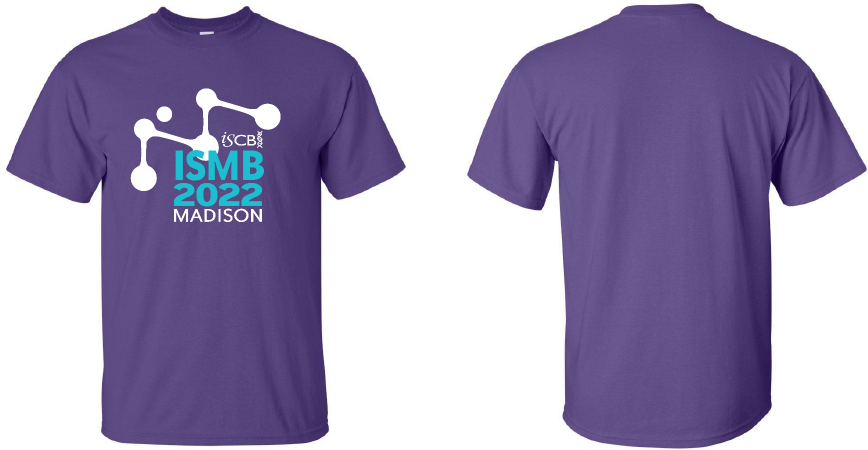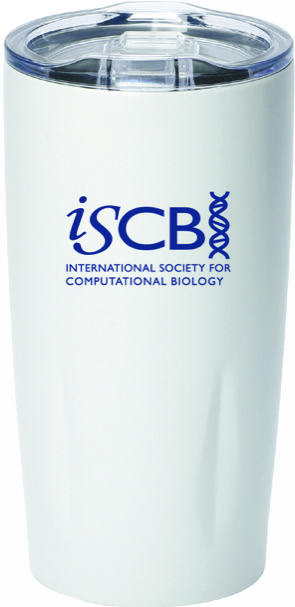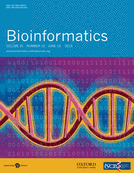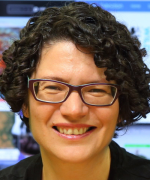Call for Proceedings - CLOSED Thursday, January 13, 2022
- Areas
- Proceedings Key Dates
- ISMB Proceedings Publication Fees
- Review Process
- Submission Guidelines
- Contact
Proceedings Co-chairs:
Christophe Dessimoz, University of Lausanne; University College London; Swiss Institute for Bioinformatics, Switzerland
Sushmita Roy, University of Wisconsin Madison, United States
ISMB 2022 invites submissions of full papers (not abstracts) consisting of new, unpublished work, reporting theoretical, computational, and statistical advances in computational biology and its intersections with other fields.
Submissions are encouraged to report on advances in algorithm development and optimization, data structures, data visualization, artificial intelligence/machine learning, text mining, statistical inference, database and ontology development, image analysis, citizen and open science, etc. to analyze all types of biological data.
While we encourage submissions in new and emerging areas, we expect that the majority of submissions addressing topical biological domains will fall into one of the areas below. Please note during the EasyChair submission process you will: 1) first select your "Area" (list below) and 2) select the COSI(s) most suited for presentation of your research from within the area. (learn more about COSIs here).
All presenters will be required to provide a pre-recorded talk for the virtual platform library in advance of the conference. The pre-recorded talk will be available shortly after the live presentation to provide faster and more seamless access to the conference content for virtual participants.
ISMB Proceedings Publication Fee
ISCB introduced publishing fees for ISMB Conference Proceedings beginning with ISMB/ECCB 2021. Authors of accepted Proceedings papers are required to cover the publication fee for their accepted paper if they are able to do so. For this purpose, we have negotiated a publication fee of $700 for ISMB 2022. This is a very substantial reduction from the publication fees customary for OUP journals.
Publication fee payments are due by April 18, 2022. The online proceedings payment system will open March 4, 2022 and can be paid at: https://iscb.swoogo.com/ISCBPublishingFees
Authors are responsible for the publication fee of $700 USD. ISCB is committed to supporting all of its members, especially those from under-developed nations and/or those without funding. If your manuscript is accepted and you are unable to pay for the publications fees in part or in full, you may submit a fee waiver request to This email address is being protected from spambots. You need JavaScript enabled to view it.. Please provide your name, full institute address, and a short (up to 50 words) justification of why you are unable to cover the publication fee with the subject line of ISMB 2022 Publications Fee Waiver Request.
Proceedings publications are part of an online-only special issue of Bioinformatics and are open access (CC-BY), fully citable, and indexed by Medline and ISI. See the conference proceedings for ISMB/ECCB 2021 for an example of online-only publication by Oxford University Press.
Proceedings Key Dates
| Proceedings Submission Key Dates | |
|---|---|
| Monday, November 29, 2021 | Call for Proceedings Opens |
| Thursday, January 13, 2022 (11:59 PM Any Timezone) |
Proceedings Submission Deadline *No extensions are granted* |
| Thursday, March 3, 2022 | Conditional Acceptance Notification |
| Thursday, March 17, 2022 | Revised Papers Deadline |
| Monday, April 4, 2022 | Final Acceptance Notification |
| Thursday, June 30 | Speaker presentations upload videos through delegate profile on conference platform beginning June 30 and no later than July 5. Videos become part of the conference library. |
Review Process
Submissions will be subject to two rounds of reviews, allowing the authors to reply to the reviewer comments. In the first round the submissions will be classified into three categories: (a) accept/minor changes, (b) major changes, and (c) not accepted. Papers in the first category will be accepted without a second round of review. Authors of submissions in the second category will be given the opportunity to submit revised drafts based on the reviewer comments, with letters of response to the reviewers outlining the main changes and/or giving counter arguments to the reviewer points. We expect the majority of papers to fall in categories (a) and (c), with category (b) reserved for papers that the reviewers identified as strong but with substantial issues that need to be addressed. Among the resubmitted papers, the second round of review will select the most suitable papers for presentation. All reviews of submitted papers are considered confidential and details are not disclosed outside of the review process. These will be published in the Bioinformatics journal and presented at the conference.
Transfers to Bioinformatics Advances
Getting your paper accepted to the ISMB Proceedings is very competitive. For papers which are ranked highly but are not accepted we will be making offers to transfer some manuscripts to the ISCB journal Bioinformatics Advances. Manuscripts and the associated ISMB reviews would only be transferred to the journal upon author agreement. By transferring the reviews rapid decisions can be made by the journal. Papers accepted to Bioinformatics Advances would NOT be a part of the ISMB Proceedings and would NOT be offered a talk. Please also note that Bioinformatics Advances is fully open access and that the normal Open Access Charges for the journal would apply.
Authors may opt out of this transfer process at submission time.
Submission Guidelines
Authors of submissions will select one of ten areas most suitable for their paper. During submission authors will be able to identify topics (COSI areas) relevant to their submission. During the review process three reviews will be sought. Papers may be moved between areas as appropriate - this is often necessary for load balance and fit between areas during the review process. Accepted papers will be published as conference proceedings in an open access, online-only, section of a regular issue of the Bioinformatics journal with an electronic version distributed to conference delegates. The proceedings will be available online approximately one month prior to the conference opening.
Publication of the proceedings as an online part of the journal Bioinformatics will result in fully citable articles, indexed by Medline and ISI. See the conference proceedings for ISMB/ECCB 2021 (here) for an example of online-only publication by Oxford University Press.
ISMB 2022 provides authors of accepted papers an oral presentation to provide an oral summary of their work. All presentations should be no longer than 20 minutes including 3-4 minutes for discussion.
Papers can be submitted in either a template-free format or by following the template for author submission to the OUP journal Bioinformatics. You are encouraged to submit in the OUP format. If the OUP template is used the paper length must not exceed nine pages. If the template-free format is used the length of the paper must not exceed 12 pages (single space, 12 point font), including abstract, figures, tables, and bibliography. In either case, the paper must contain an abstract whose length does not exceed 250 words.
After acceptance papers will have to be formatted according to the layout style required by the OUP Bioinformatics journal and will be limited to 9 pages. Formatting requirements can be found at: http://www.oxfordjournals.org/bioinformatics/for_authors/submission_online.html
If absolutely necessary, submissions can be accompanied by supplementary material, similar to submissions to scientific journals. The supplementary material should be collected in a separate file that is appropriately marked and uploaded as an attachment on the paper submission page in EasyChair. However, we advise against adding supplementary material, in general. Supplementary material will be published on the proceedings site alongside the online version of the conference paper. We do not support supplementary material presented at any other than the publisher's site. Additionally, OUP does not edit or typeset supplementary data - it is uploaded online exactly as it is received, so authors must ensure its accuracy before submitting.
Papers should be submitted in their final form since the evaluation procedure does not allow for additional rounds of refinement / modification in response to referee criticisms. Poor quality submissions or insufficiently prepared papers are very often rejected. Paper presenters must register and pay to attend and present at the conference.
For submissions to the Proceedings track, ISMB does not accept previously published works through peer-reviewed publications. Please note that conference presentations, posting on recognized preprint servers (such as Arxiv, Biorxiv and PeerJ preprints), or posting on a personal or employer's website do not constitute prior publication. In case of doubt, please contact This email address is being protected from spambots. You need JavaScript enabled to view it.
Papers not conforming to guidelines will not be reviewed.
Papers submitted for review should represent original, previously unpublished work. At the time the paper is submitted to ISMB 2022, and for the entire review period, the paper should not be under review by any other conference or scientific journal.
Papers will be accepted electronically, in PDF format only, at the submission site until Thursday, January 13, 2022, 11:59 PM in the time zone of your choice. *No extensions are granted*
Contact
For questions concerning the scientific content of submissions, please contact This email address is being protected from spambots. You need JavaScript enabled to view it..

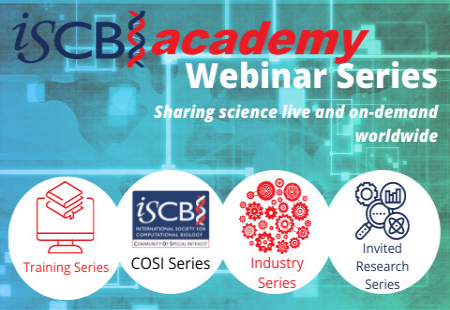

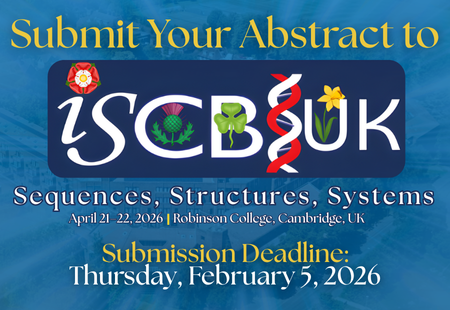
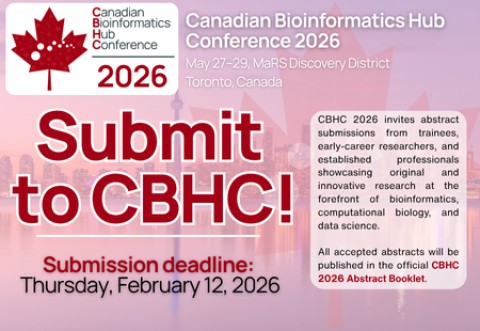
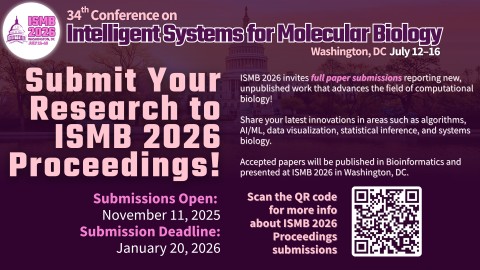

















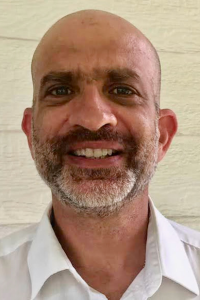 Iddo Friedberg, PhD
Iddo Friedberg, PhD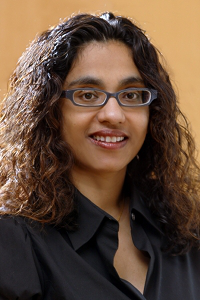 Mona Singh, PhD
Mona Singh, PhD Keith Dunker, PhD, MS, BS
Keith Dunker, PhD, MS, BS